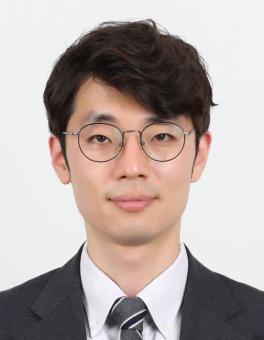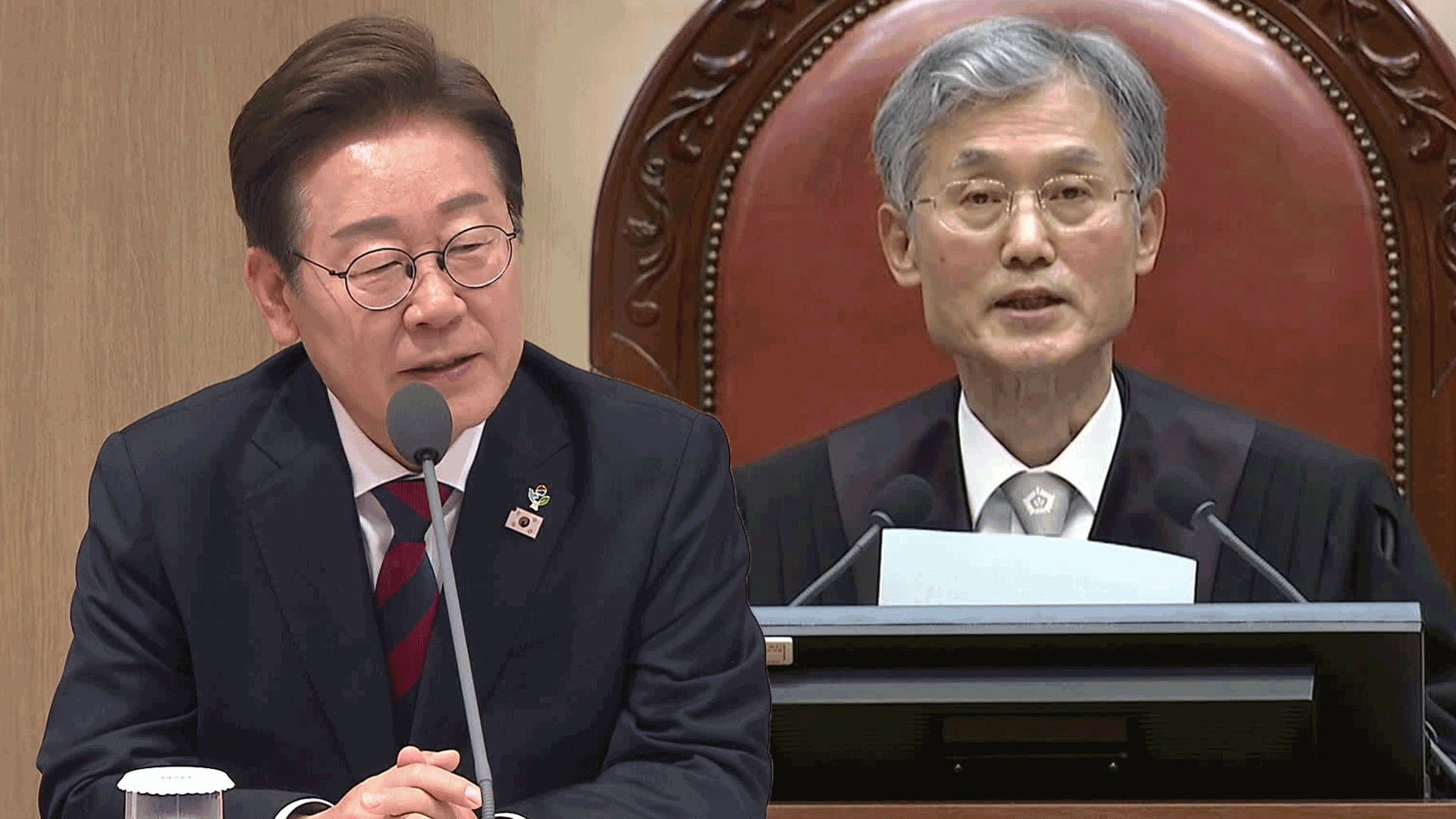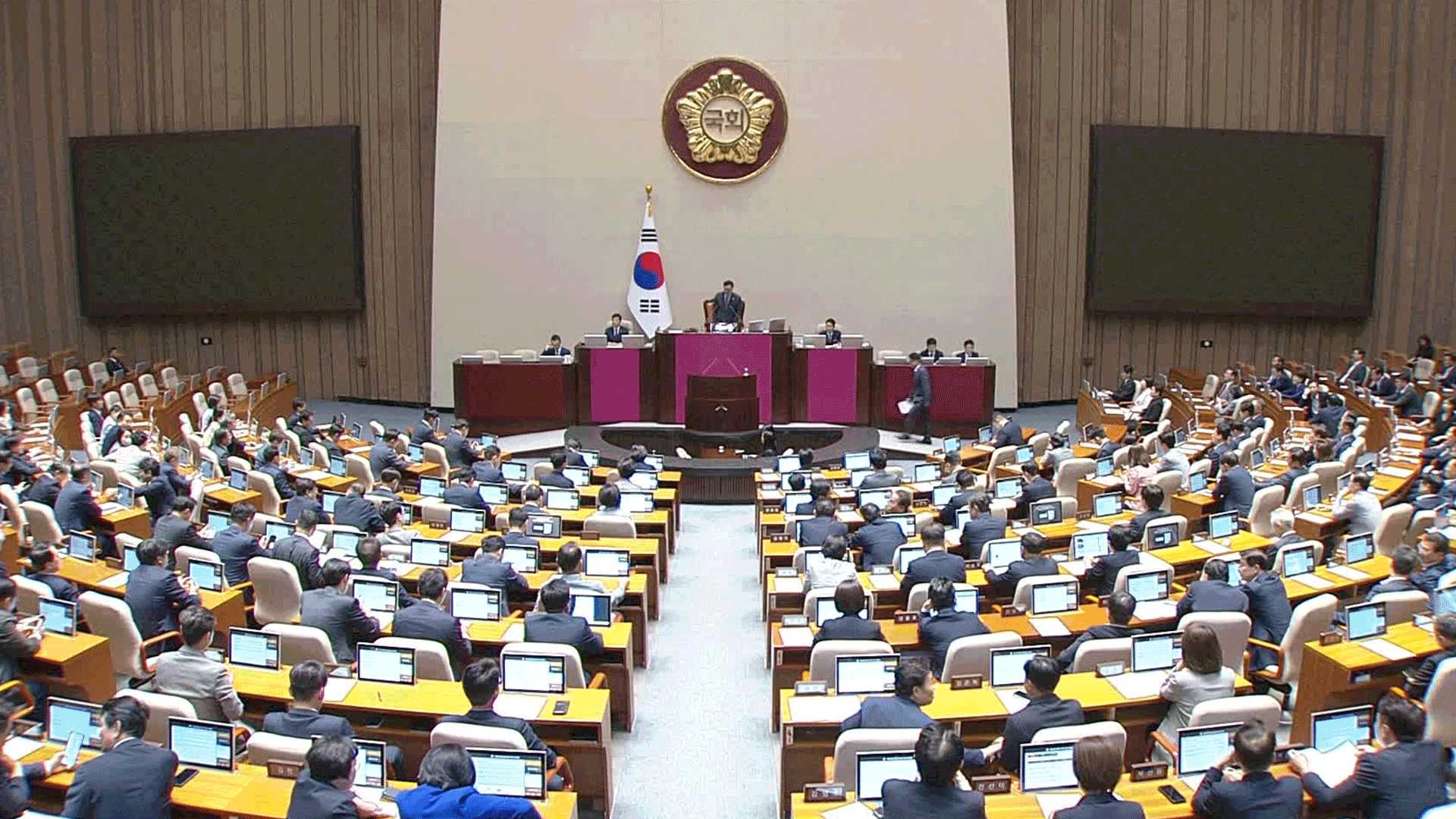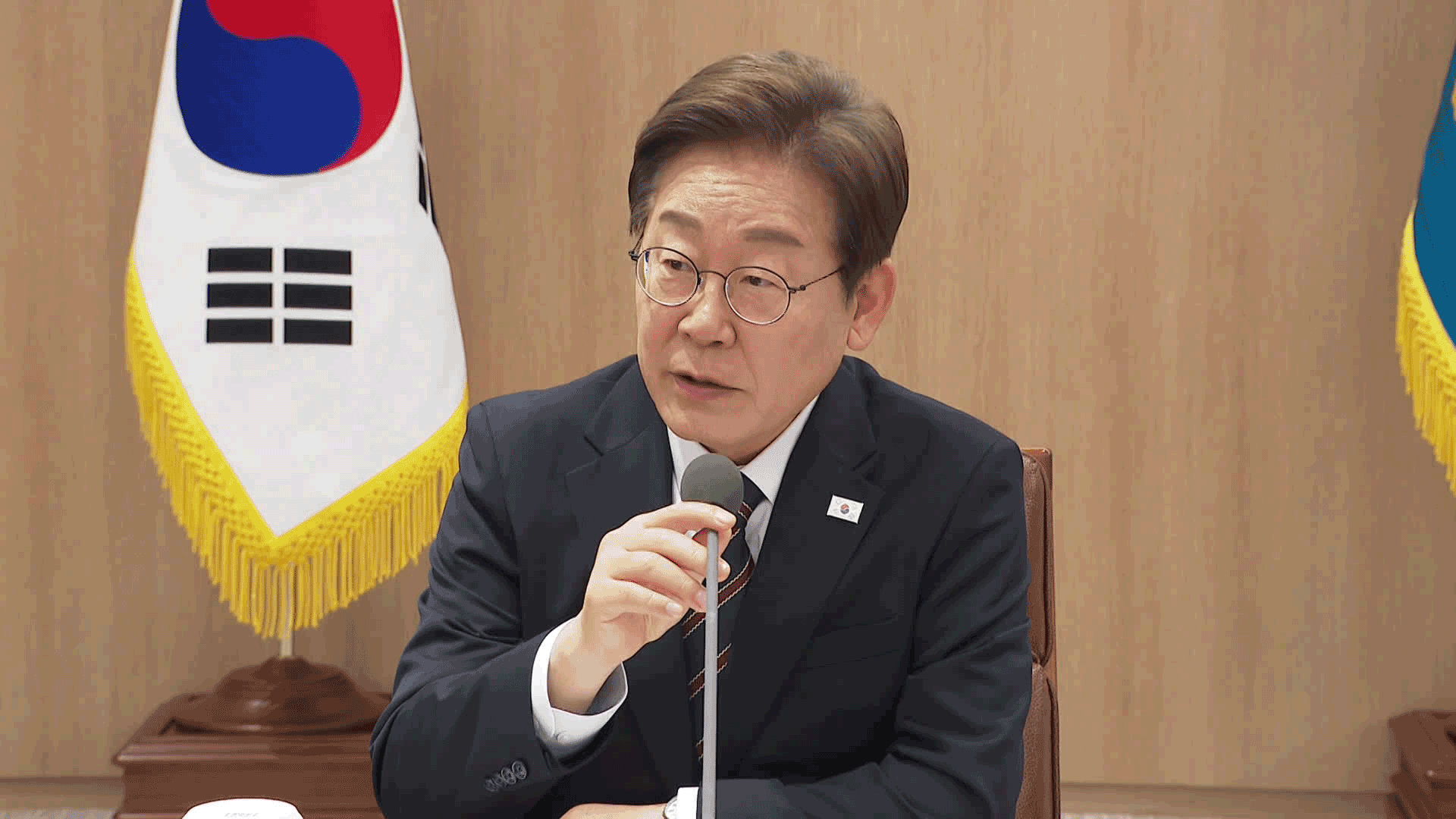[Anchor]
As we enter an ultra-aged society, interest in the issue of discontinuing life-sustaining treatment is growing.
Currently, life-sustaining treatment can only be discontinued during the dying process, but it has been found that the majority of experts support moving this point forward to the terminal stage.
Reporter Hong Seong-hee exclusively reports on the contents of a research report commissioned by the government.
[Report]
Earlier this year, a terminal lung cancer patient was brought to the emergency room of a university hospital.
This patient, who had already applied for the refusal of life-sustaining treatment, had been unconscious for over two weeks.
The family requested, "Please discontinue the ventilator and let the patient pass peacefully."
However, the medical staff had no choice but to wait until the patient's condition worsened further.
This is because, under current law, discontinuation of life-sustaining treatment is only possible in the dying process, that is, when "death is imminent."
[Yoo Shin-hye/Professor at Seoul National University Hospital's Palliative Care and Clinical Ethics Center: "The waiting time is considered by medical staff as both the patient's suffering and, on the other hand, a waste of resources, and families wonder why they have to just watch the patient get worse..."]
The government research report obtained by KBS shows that 82% of the 27 representatives from medical professional societies, mostly composed of medical school professors, responded that the point at which life-sustaining treatment should be allowed to be discontinued should be moved from the "dying process" to the "terminal stage."
The term "terminal" refers to a patient condition where death could occur within months, and the report evaluated that moving the point of discontinuation of life-sustaining treatment forward would practically better guarantee the patient's right to self-determination.
This would eliminate the need to clearly distinguish between the terminal and dying periods in medical practice.
[Lee Il-hak/Professor at Yonsei University College of Medicine's Department of Medical Law and Ethics: "(Our law) has a very strict distinction between the dying process and terminal stage, which serves as the starting point. However, clinically, it is very difficult to distinguish..."]
It is pointed out that whether nursing homes, which have many terminal patients, will actively participate is a practical issue.
Countries like the United States, Japan, and the United Kingdom allow the discontinuation of life-sustaining treatment from the terminal stage.
The Ministry of Health and Welfare stated that it would gather public opinion to form a social consensus based on the research results.
This is KBS News, Hong Seong-hee.
As we enter an ultra-aged society, interest in the issue of discontinuing life-sustaining treatment is growing.
Currently, life-sustaining treatment can only be discontinued during the dying process, but it has been found that the majority of experts support moving this point forward to the terminal stage.
Reporter Hong Seong-hee exclusively reports on the contents of a research report commissioned by the government.
[Report]
Earlier this year, a terminal lung cancer patient was brought to the emergency room of a university hospital.
This patient, who had already applied for the refusal of life-sustaining treatment, had been unconscious for over two weeks.
The family requested, "Please discontinue the ventilator and let the patient pass peacefully."
However, the medical staff had no choice but to wait until the patient's condition worsened further.
This is because, under current law, discontinuation of life-sustaining treatment is only possible in the dying process, that is, when "death is imminent."
[Yoo Shin-hye/Professor at Seoul National University Hospital's Palliative Care and Clinical Ethics Center: "The waiting time is considered by medical staff as both the patient's suffering and, on the other hand, a waste of resources, and families wonder why they have to just watch the patient get worse..."]
The government research report obtained by KBS shows that 82% of the 27 representatives from medical professional societies, mostly composed of medical school professors, responded that the point at which life-sustaining treatment should be allowed to be discontinued should be moved from the "dying process" to the "terminal stage."
The term "terminal" refers to a patient condition where death could occur within months, and the report evaluated that moving the point of discontinuation of life-sustaining treatment forward would practically better guarantee the patient's right to self-determination.
This would eliminate the need to clearly distinguish between the terminal and dying periods in medical practice.
[Lee Il-hak/Professor at Yonsei University College of Medicine's Department of Medical Law and Ethics: "(Our law) has a very strict distinction between the dying process and terminal stage, which serves as the starting point. However, clinically, it is very difficult to distinguish..."]
It is pointed out that whether nursing homes, which have many terminal patients, will actively participate is a practical issue.
Countries like the United States, Japan, and the United Kingdom allow the discontinuation of life-sustaining treatment from the terminal stage.
The Ministry of Health and Welfare stated that it would gather public opinion to form a social consensus based on the research results.
This is KBS News, Hong Seong-hee.
■ 제보하기
▷ 카카오톡 : 'KBS제보' 검색, 채널 추가
▷ 전화 : 02-781-1234, 4444
▷ 이메일 : kbs1234@kbs.co.kr
▷ 유튜브, 네이버, 카카오에서도 KBS뉴스를 구독해주세요!
- Experts back end-of-life choice
-
- 입력 2025-06-10 01:42:16

[Anchor]
As we enter an ultra-aged society, interest in the issue of discontinuing life-sustaining treatment is growing.
Currently, life-sustaining treatment can only be discontinued during the dying process, but it has been found that the majority of experts support moving this point forward to the terminal stage.
Reporter Hong Seong-hee exclusively reports on the contents of a research report commissioned by the government.
[Report]
Earlier this year, a terminal lung cancer patient was brought to the emergency room of a university hospital.
This patient, who had already applied for the refusal of life-sustaining treatment, had been unconscious for over two weeks.
The family requested, "Please discontinue the ventilator and let the patient pass peacefully."
However, the medical staff had no choice but to wait until the patient's condition worsened further.
This is because, under current law, discontinuation of life-sustaining treatment is only possible in the dying process, that is, when "death is imminent."
[Yoo Shin-hye/Professor at Seoul National University Hospital's Palliative Care and Clinical Ethics Center: "The waiting time is considered by medical staff as both the patient's suffering and, on the other hand, a waste of resources, and families wonder why they have to just watch the patient get worse..."]
The government research report obtained by KBS shows that 82% of the 27 representatives from medical professional societies, mostly composed of medical school professors, responded that the point at which life-sustaining treatment should be allowed to be discontinued should be moved from the "dying process" to the "terminal stage."
The term "terminal" refers to a patient condition where death could occur within months, and the report evaluated that moving the point of discontinuation of life-sustaining treatment forward would practically better guarantee the patient's right to self-determination.
This would eliminate the need to clearly distinguish between the terminal and dying periods in medical practice.
[Lee Il-hak/Professor at Yonsei University College of Medicine's Department of Medical Law and Ethics: "(Our law) has a very strict distinction between the dying process and terminal stage, which serves as the starting point. However, clinically, it is very difficult to distinguish..."]
It is pointed out that whether nursing homes, which have many terminal patients, will actively participate is a practical issue.
Countries like the United States, Japan, and the United Kingdom allow the discontinuation of life-sustaining treatment from the terminal stage.
The Ministry of Health and Welfare stated that it would gather public opinion to form a social consensus based on the research results.
This is KBS News, Hong Seong-hee.
As we enter an ultra-aged society, interest in the issue of discontinuing life-sustaining treatment is growing.
Currently, life-sustaining treatment can only be discontinued during the dying process, but it has been found that the majority of experts support moving this point forward to the terminal stage.
Reporter Hong Seong-hee exclusively reports on the contents of a research report commissioned by the government.
[Report]
Earlier this year, a terminal lung cancer patient was brought to the emergency room of a university hospital.
This patient, who had already applied for the refusal of life-sustaining treatment, had been unconscious for over two weeks.
The family requested, "Please discontinue the ventilator and let the patient pass peacefully."
However, the medical staff had no choice but to wait until the patient's condition worsened further.
This is because, under current law, discontinuation of life-sustaining treatment is only possible in the dying process, that is, when "death is imminent."
[Yoo Shin-hye/Professor at Seoul National University Hospital's Palliative Care and Clinical Ethics Center: "The waiting time is considered by medical staff as both the patient's suffering and, on the other hand, a waste of resources, and families wonder why they have to just watch the patient get worse..."]
The government research report obtained by KBS shows that 82% of the 27 representatives from medical professional societies, mostly composed of medical school professors, responded that the point at which life-sustaining treatment should be allowed to be discontinued should be moved from the "dying process" to the "terminal stage."
The term "terminal" refers to a patient condition where death could occur within months, and the report evaluated that moving the point of discontinuation of life-sustaining treatment forward would practically better guarantee the patient's right to self-determination.
This would eliminate the need to clearly distinguish between the terminal and dying periods in medical practice.
[Lee Il-hak/Professor at Yonsei University College of Medicine's Department of Medical Law and Ethics: "(Our law) has a very strict distinction between the dying process and terminal stage, which serves as the starting point. However, clinically, it is very difficult to distinguish..."]
It is pointed out that whether nursing homes, which have many terminal patients, will actively participate is a practical issue.
Countries like the United States, Japan, and the United Kingdom allow the discontinuation of life-sustaining treatment from the terminal stage.
The Ministry of Health and Welfare stated that it would gather public opinion to form a social consensus based on the research results.
This is KBS News, Hong Seong-hee.
-
-

홍성희 기자 bombom@kbs.co.kr
홍성희 기자의 기사 모음
-
이 기사가 좋으셨다면
-
좋아요
0
-
응원해요
0
-
후속 원해요
0















이 기사에 대한 의견을 남겨주세요.